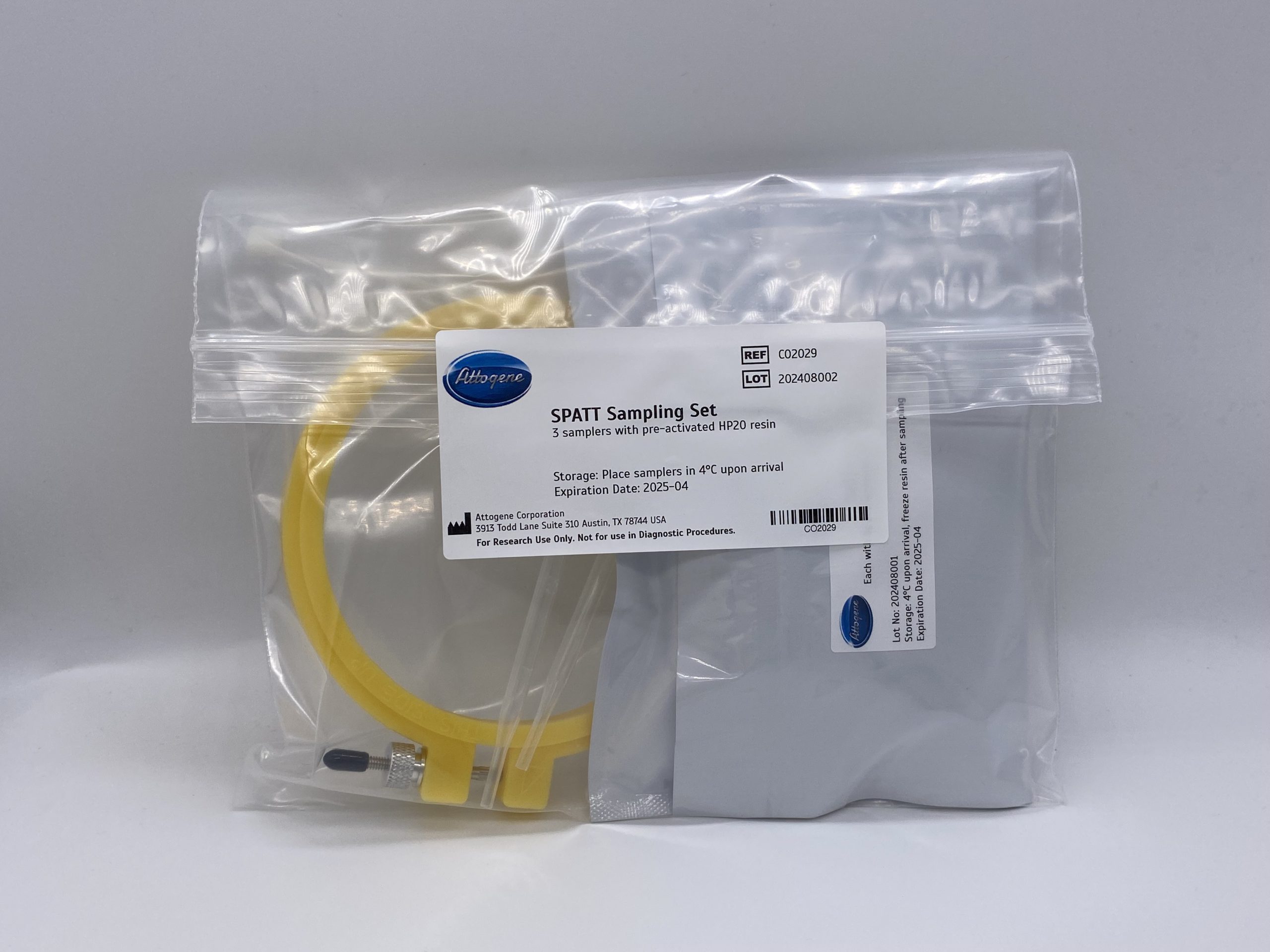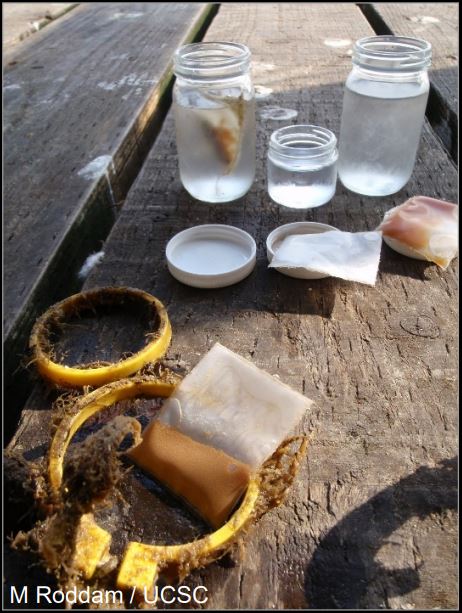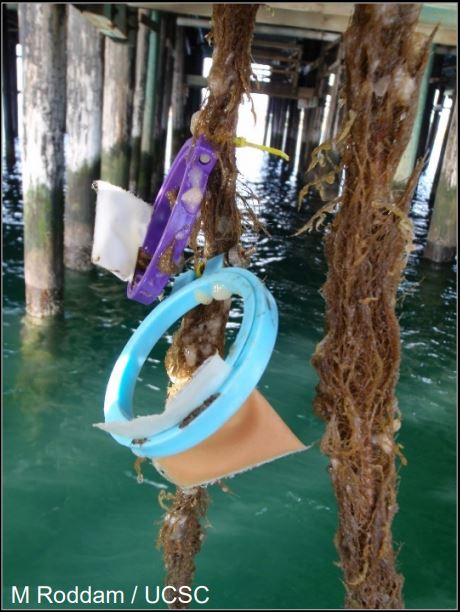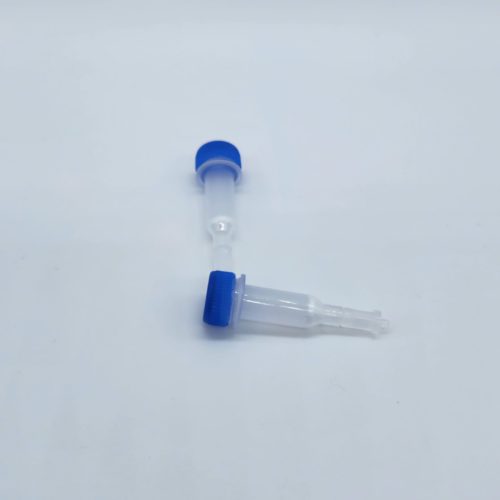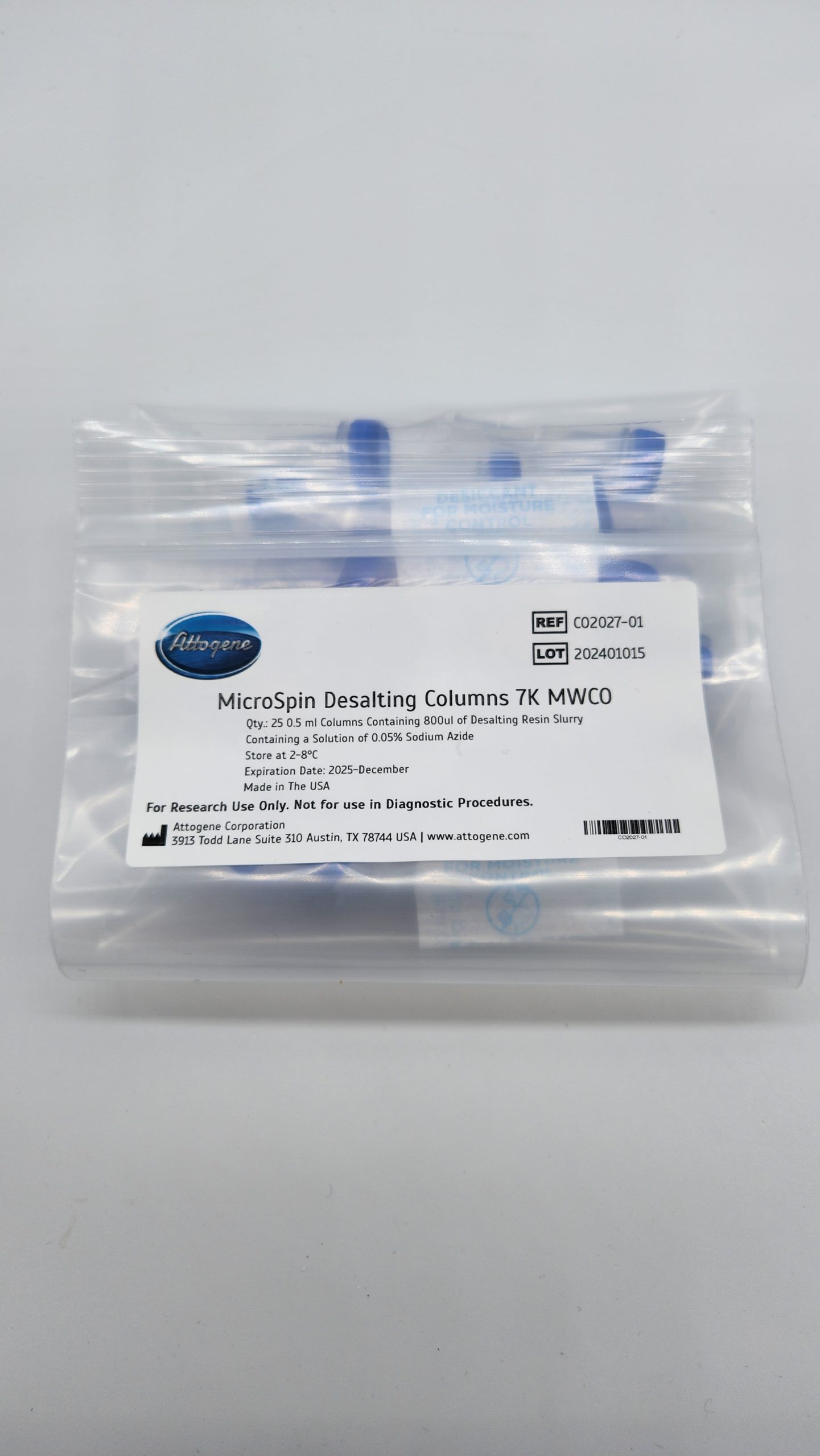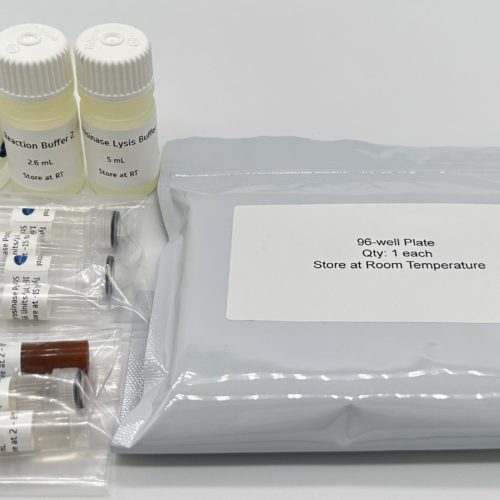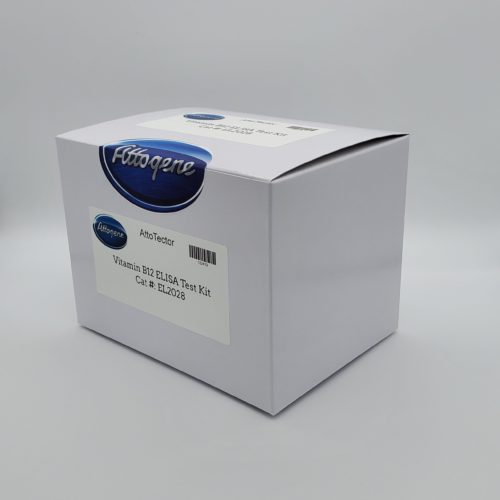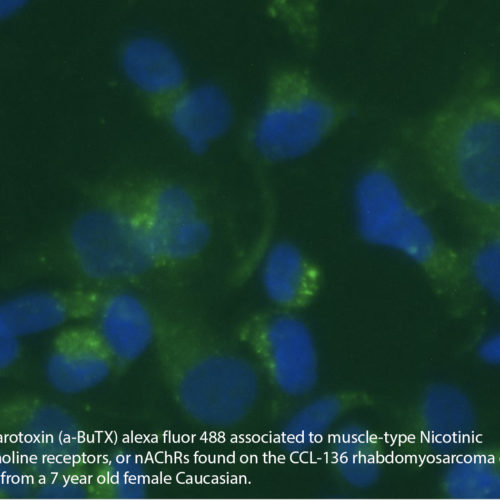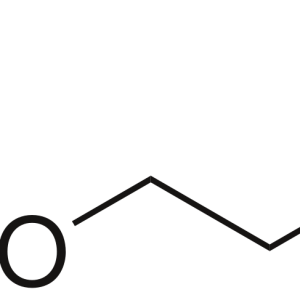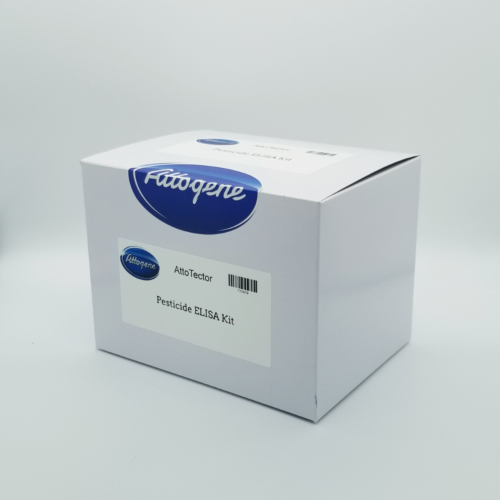Solid Phase Adsorption Toxin Tracking (SPATT) Bag Set
$75.00
In Stock & Ready to Ship
- Set of three Solid Phase Adsorption Toxin Tracking (SPATT) Bags
- Pre activated
- Ready for deployment
- HP20
Solid Phase Adsorption Toxin Tracking (SPATT) is a biomimetic in-situ water monitoring tool that falls under an expanding umbrella of passive samplers. It serves to warn researchers of toxin-producing harmful algal bloom (HAB) developments early on. It has been popularized through its affordability, ease of use, and its ability to capture ephemeral events in marine, brackish, and freshwater environments. Its uptake of contaminants has been shown to be more similar than other sampling methods to that of aquatic species like bivalves, mussels, and clams. It provides an average bioavailable fraction of a toxin over deployment time that can be used to determine an overall toxin risk to organisms. The sampling period typically depends on the bioactivity at a site, ranging from 24 hours to 4 weeks in most cases.
A SPATT passively absorbs and desorbs extracellular compounds over its stretch of time at a sampling site; in an organism, a toxin would go through biochemical detoxification processes. Passive samplers have a higher sensitivity for more compounds and provide improved stability and preservation of these compounds within the resin. SPATT devices capture less commonly detected cyanotoxins (e.g. cylindrospermopsin) at lower concentrations than that of a grab sample (collected at one point in time). Grab samples are limited in scope and sensitivity, and underrepresent toxins like microcystin-LR, which is picked up very reliably through SPATT technology.
Uses HP20 that is widely applicable for many toxins.
Used to capture:
- Cyanotoxin (e.g. microcystin and cylindrospermopsin)
- Saxitoxin & derivatives (GNTXs, C-toxins), and other paralytic shellfish toxins (PSTs)
- Domoic acid (DA)
- Nodularin
- Anatoxin-a
- Brevetoxins (via “red tide”-causing dinoflagellate Karenia brevis)
- Okadaic acid (OA) & derivative Dinophysistoxins (DTXs) and other Diarrheic shellfish poisoning (DSP) toxins
- Yessotoxin (YTX) and Pectenotoxins (PTXs)
- Cyclic imines (CIs), e.g. Spirolides (SPXs), Gymnodimines (GYMs), Pinnatoxins (PnTXs)
- Ciguatoxin (CTX) & precursor Gambiertoxin (GTX), Maitotoxin (MTx), and other ciguatera fish poisoning (CFP) toxins
You may also like…
Spin Desalting Columns 7K MWCO
$120.00 – $235.00- Rapid, simple, and reliable components for purification of protein samples
- Cleanup before or after antibody biotinylation
- Made by Attogene in the USA
